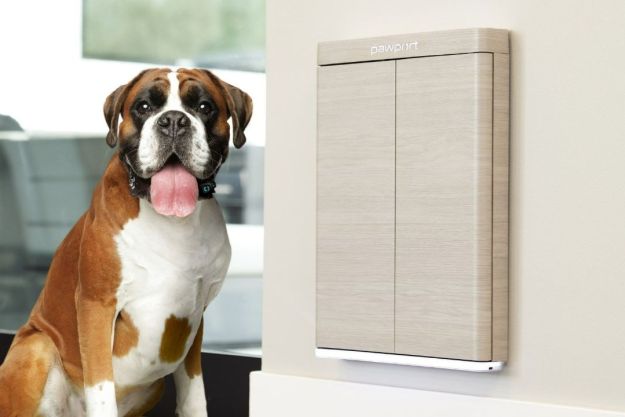Apple has once again made moves behind the scenes that lead its customers to ask the age-old question: What’s next? A recent discovery showed the Apple purchased the patent portfolio from the failed startup Lighthouse. Lighthouse produced and sold an “interactive assistant” for your home that could distinguish between individual people, objects, and animals. The purpose of the Lighthouse camera was to reduce false alarms and help people stay connected to what happens in their home during the day. Ultimately, the company failed to meet its financial goals and closed its doors and offered refunds to its customers.
Lighthouse did have interesting technology that many of its competitors did not, however. Foremost of this was 3D-sensing technology the company used to identify people. Apple purchased three Lighthouse A.I. patents and three patent applications related to video capture, according to IAM, a patent-tracking magazine.
There are a few explanations for why. The first and most obvious is that Apple intends to break into the home security market. Considering that both Google and Amazon already have a vested interest in this market, it makes sense that Apple would make a push for its own slice of the pie. An Apple-made home security system would be an interesting addition to the home security market, especially if it follows tradition and integrates into the overall Apple ecosystem.
Another option is that Apple aims to improve its Face ID functionality. Lighthouse’s 3D-sensing technology and A.I.-assisted recognition could improve how the security feature operates and overcome some of the difficulties it faced at launch. Apple has purchased technology in the past that then went on to become major parts of its current lineup, so using newly-acquired tech to better its proprietary technology is not outside the realm of possibility.
What’s interesting is that the answer to what Apple plans to use this technology for might not be far away. The company usually holds an event in March or April, like the “Spring Forward” event in 2015 when it announced the Apple Watch. Apple purchased the patents sometime in late 2018 but did not make the news public. The purchase was only discovered after the U.S. Patent and Trademark Office updated its ownership information.
Editors' Recommendations
- SimpliSafe is now using AI to prevent burglars from entering your home
- Blink Mini 2 vs. Blink Mini: Is Amazon’s new security camera a worthy upgrade?
- Does Apple Home work on the Apple Vision Pro?
- Wyze Cam Floodlight vs. Wyze Cam Floodlight v2: What’s new about this updated security camera?
- Nest Secure will be discontinued in April – prepare your smart home with these steps




